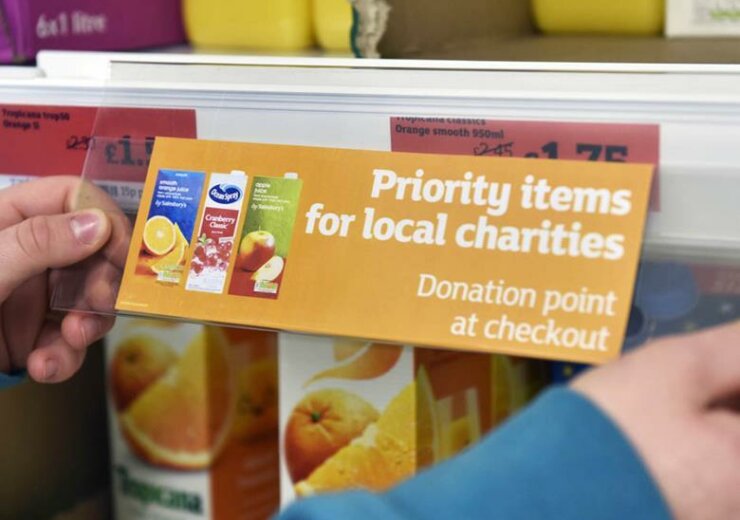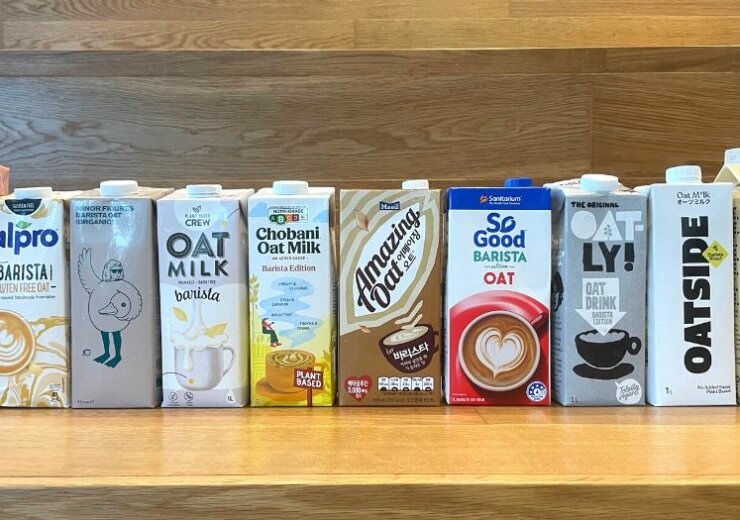
The numbers of people living in poverty in the UK are increasing. Forced to make stark choices between heating or eating, many are going hungry or are left to rely on emergency food aid and food that isn’t nourishing. With diet-related illnesses – and their associated costs – on the rise in the UK, we urgently need to address the root causes of poverty.
In 2018, the UN Special Rapporteur on extreme poverty and human rights visited the UK. He found that 14 million people (a fifth of the population), live in poverty. Within this figure, four million are more than 50 percent below the poverty line, and 1.5 million are destitute. After years of progress, poverty is rising again, with child poverty predicted to rise seven percent between 2015 and 2022.
It’s no surprise, then, that nearly four million children don’t have access to healthy, nutritious and culturally appropriate food. Many families in the UK are ‘food insecure,’ facing stark choices between buying food, paying the rent or heating their home. A lack of shops selling fresh food, fast food outlets near schools and vegetables that cost three times more than ultra-processed alternatives, mean that cheap food laden with salt, sugar and saturated fats is often their only option.

Eating low quality food leads to malnutrition just as surely as not eating enough food. That’s why obesity is as much a sign of poverty as being underweight. Malnutrition, hunger and overweight doesn’t just affect people’s physical health, but also their life-chances, self-confidence and mental well-being.
Why are so many children and adults in the UK – the world’s fifth largest economy – suffering from such high levels of food insecurity? It’s not because there isn’t enough food. The world produces more than enough to go around. Essentially, people are suffering from the effects of underweight, obesity and malnutrition because they can’t afford healthy, nutritious food.
Hunger and unhealthy diets are symptoms of poverty. The root causes are the structural inequalities in household incomes and access to food. The government must urgently address these inequalities. All households must have enough money to thrive, not just survive, through a living wage or an adequate welfare safety net, and healthy food should be more readily available and less expensive than unhealthy food.

UK Govt must embed household food security in its assessment of food security, argues Dan Crossley in the Grocer

In this beautiful and urgent blog, Council member Lucy Aphramor advocates for a radical reframing of health.

Our May 2022 Business Forum explored how we can navigate the cost-of-living crisis.